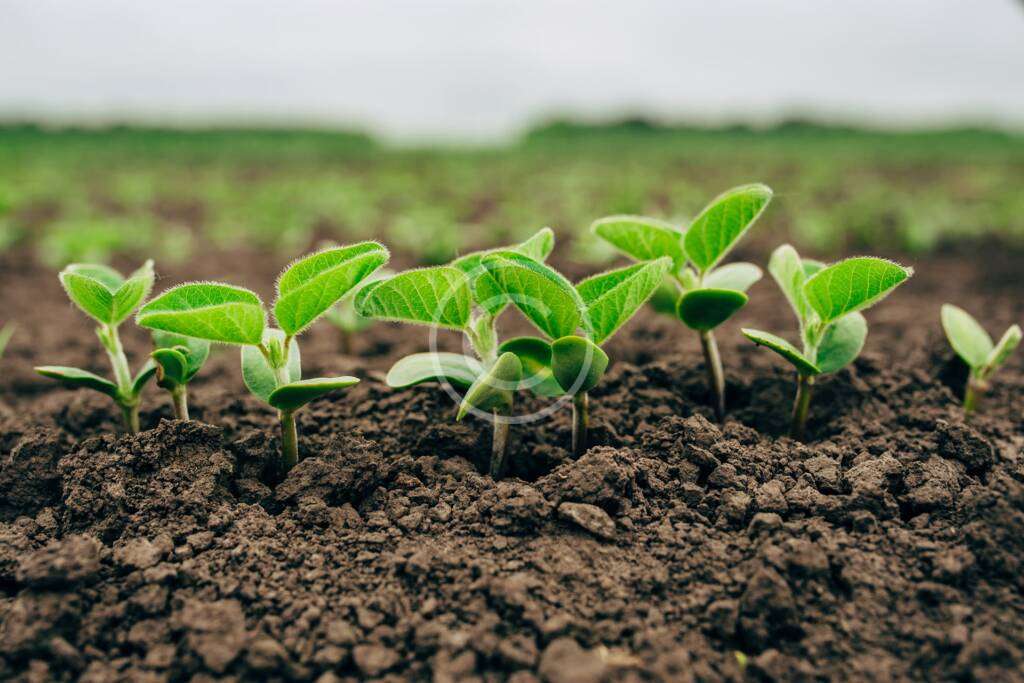Climate change poses a significant threat to global food security. Rising temperatures, changing precipitation patterns, and increased frequency of extreme weather events are disrupting agricultural productivity and food supply chains. Building climate-resilient food systems is essential to ensure that communities can continue to access nutritious food despite the challenges posed by a changing climate. At EcoAmis, we are committed to fostering climate-resilient food systems in African communities and beyond. This blog explores the importance of resilient food systems and the strategies we can implement to achieve them.
The Importance of Climate-Resilient Food Systems
- Food Security and Nutrition
A climate-resilient food system ensures that communities have consistent access to sufficient, safe, and nutritious food. This is critical for maintaining health and well-being, particularly in vulnerable populations who are most affected by food insecurity.
- Economic Stability
Agriculture is a major source of income and employment in many regions. Climate-resilient food systems protect livelihoods by enhancing the stability and productivity of agricultural activities, even under adverse climatic conditions.





